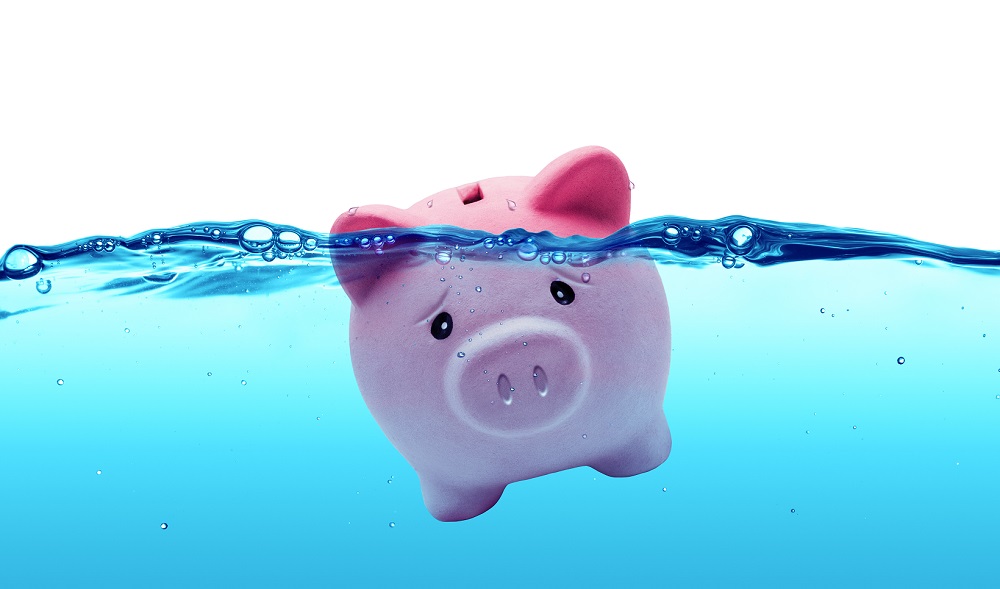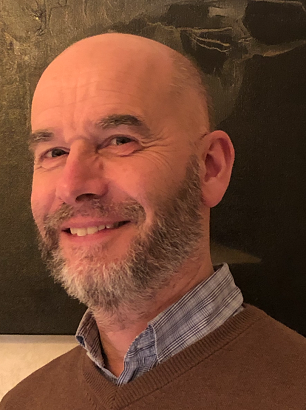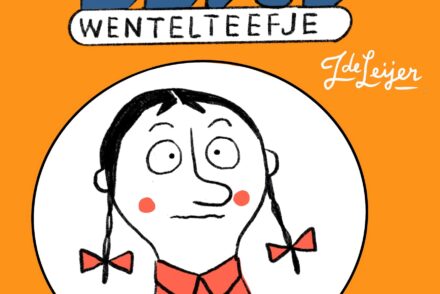Economist Ed Westerhout: ‘With a third wave, I can’t rule out the possibility that more and more companies will fail’
Tens of billions of euros have already been spent by the State on COVID-19 aid packages, and the end of the pandemic is far from in sight. Where is all this money coming from, how long will we be able to keep this up, and what are the consequences of this major expenditure for the future economy of the Netherlands? Univers asked economist Ed Westerhout, who works at the Tilburg Fiscal Institute.

The Dutch economy has shrunk considerably and the pandemic has not yet been contained. Are these exciting times for an economist?
“Yes these are particularly exciting times. After the banking crisis broke out in 2008, hardly anyone assumed that such a major crisis would occur again ten years later. Although this crisis is of course of a different order, back then the problems were with the financial institutions.
“It’s especially exciting because you want to prevent the whole economy from going to pieces. So you can imagine that people have said, we’re not looking at what this does to the budget deficit and the national debt at this moment, we’re going to provide support right now to prevent us from going all the way down the drain.”
What has been spent on aid packages so far?
“A total of 62.5 billion euros was spent on aid packages last year. On top of that, there are the guarantees, which are expenditures that may have to be made, this amounts to 60.9 billion.
“To put these amounts in place: in 2020, the Gross Domestic Product (GDP), the amount we all earn in the Netherlands in a year, was 782.5 billion euros. So the support measures alone amount to (rounded) eight percent of the GDP. And that’s a lot.”
Where does that money come from?
“That’s very simple, by printing more bonds, or, in other words, taking out loans. You just say we’ll spend the money now and we’ll pay it back later in the future. You create more debt.”
Whom are we borrowing that money from?
“From anyone who is willing to lend money to the Dutch government. Our country has an incredibly strong status in the international capital market, which is why people like to lend money to the Netherlands. The risk that bondholders run of not getting the borrowed amount back is incredibly small. In that respect, it is no problem at all for the Dutch government to borrow extra money.”
How can you, as a country, repay those debts later?
“When there is economic growth again in the future, and you can assume that at some point, that is a historical fact, you generate more tax capacity. Those growing tax revenues are a means of financing.
“Thanks to that economic growth, at some point you’re probably spending less on unemployment and welfare benefits, again that gives additional room, but it’s mostly in additional tax revenues.”
It sounds like you are reasonably hopeful that we are going to recover from this. We have spent a lot of money as a country, but the expectation is that the economy is going to grow again and we are going to pay off those debts. Is there another possible scenario?
“Right, well I want to adjust that image a bit, because I don’t see myself as optimistic at all. No, this could take a very long time. We are now hearing about the possibility of a third wave. If it does go the wrong way again, it will result in economic damage. I can’t rule out that at some point more and more companies will go under.”
So could you perhaps indicate in a positive and negative scenario what we can expect in terms of economic development?
“It’s hard to think in two scenarios, but what I take into account is that if the decline in infections continues, fewer measures will gradually be needed. The economy can then start to breathe more. Business activity gradually increases, even if it is with all kinds of extra measures and conditions to make sure we don’t create another wave.
“That means companies can slowly return to normal and government support is being phased out. We are moving towards a new normal. I don’t think it will be the same as where we came from because, in addition to the coronavirus, there are significant challenges in the world in terms of climate change, for example.”
What does a more negative scenario look like?
“Look, I’m no virologist, but suppose one of these mutated variants is much more contagious and will cause more damage than we think now. Or if it turns out that the vaccines are not resistant to these variants, then a third wave cannot be ruled out and we will be in trouble for much longer than we now think. And then, if there is another appeal to the government, the same amount of money is needed as has been spent so far, then there may be a limit in sight.”
What does it mean when that limit comes in sight, what will we see?
“That more companies are going to collapse, that people will become unemployed. We’ll notice it in our wallets and on the labor market. We will have to find new ways of reshaping our economy. But that may take some time.
“In the short term you can expect a snowball effect, but in the long term you can actually see the strength of an economy. If, after times of long unemployment, new initiatives start to develop, that the economy manages to create new jobs and industries.
“A strong market economy has dynamics, and problems are solved on its own. But we are talking about a negative scenario now and very far into the future.”
You are careful to make these kinds of predictions?
“When I sketch scenarios they are often interpreted as: oh this is what is expected to happen. A kind of estimate, if everything stays as it is now, then this is going to happen. But it’s not that powerful, it’s more of an image of what might occur, but it’s absolutely not the case that it will go that way.”
Let’s leave the coronavirus situation aside for a moment and look at the economic future of the Netherlands, what important challenges lie ahead?
“Climate change I already mentioned. It will take a lot of investment to create new sectors that contribute to a better economy and a better climate.

“Furthermore, people are looking at ways to make the labor market more uniform. In the Netherlands, there is an enormous amount of flexible work and the number of self-employed people has also grown considerably. This has created a dichotomy in the labor market with, on the one hand, employees with permanent salaried jobs and, on the other hand, a large group of people with flexible, small jobs who have to manage without too much protection.
“Last year, the Borstlap Committee (Dutch only) made recommendations that should at least partially eliminate this divide.
“Finally, a large number of official opinions for a better tax system have been issued in the past year. Certainly in view of the childcare benefits scandal, it is considered how we are going to organize this system of benefits differently, simpler, in the future.
“In addition, we are seeing growing wealth inequality in the Netherlands. You could imagine that it would be looked at how we could design the tax system in such a way that that inequality would decrease.”






